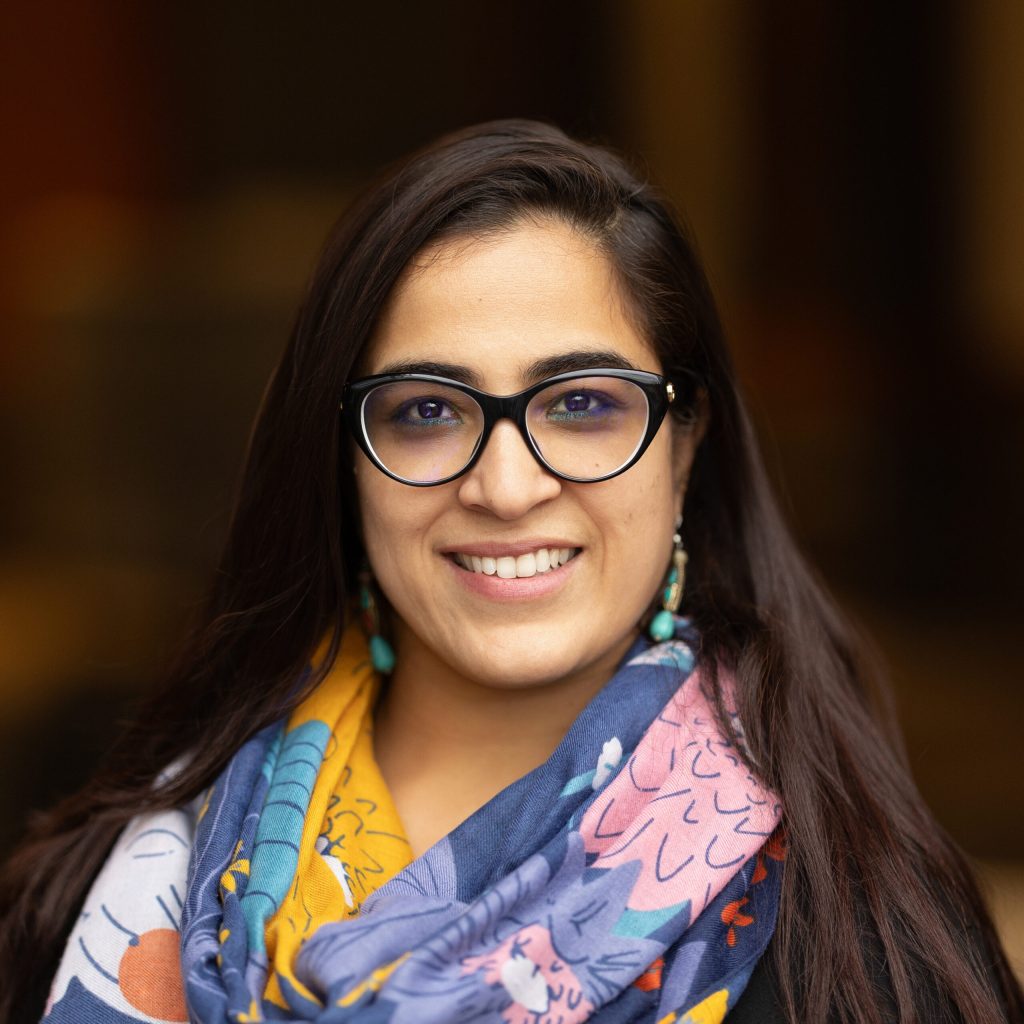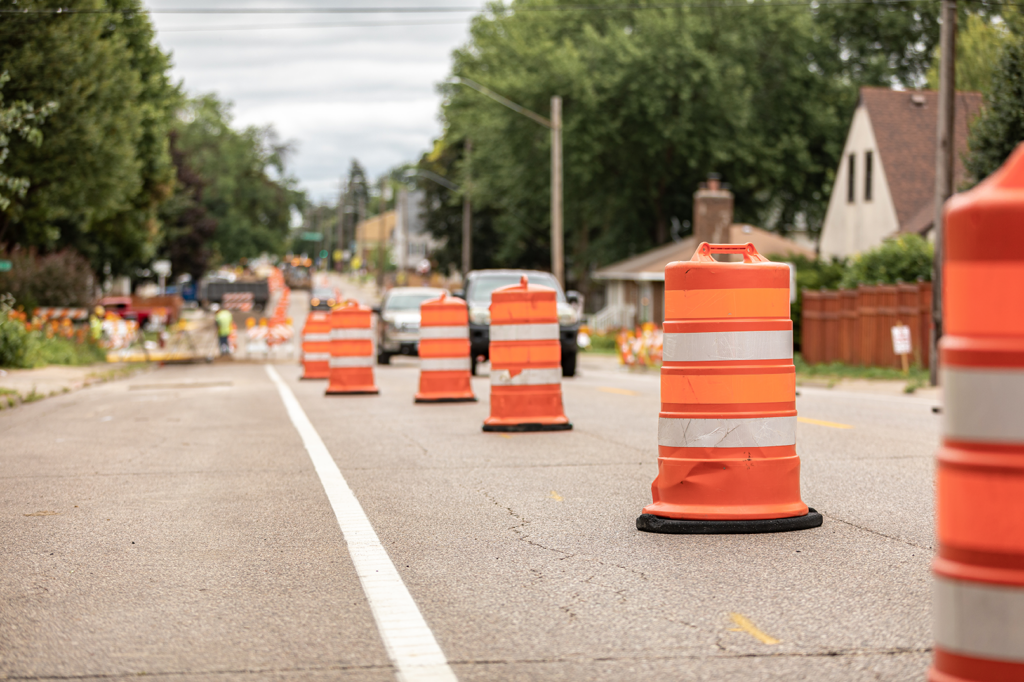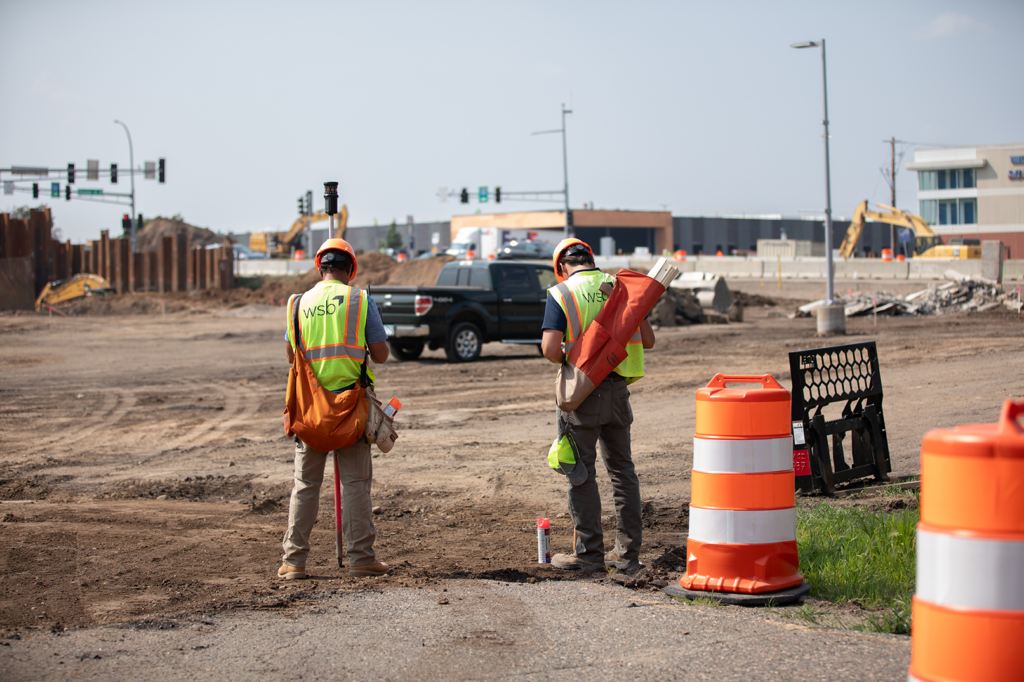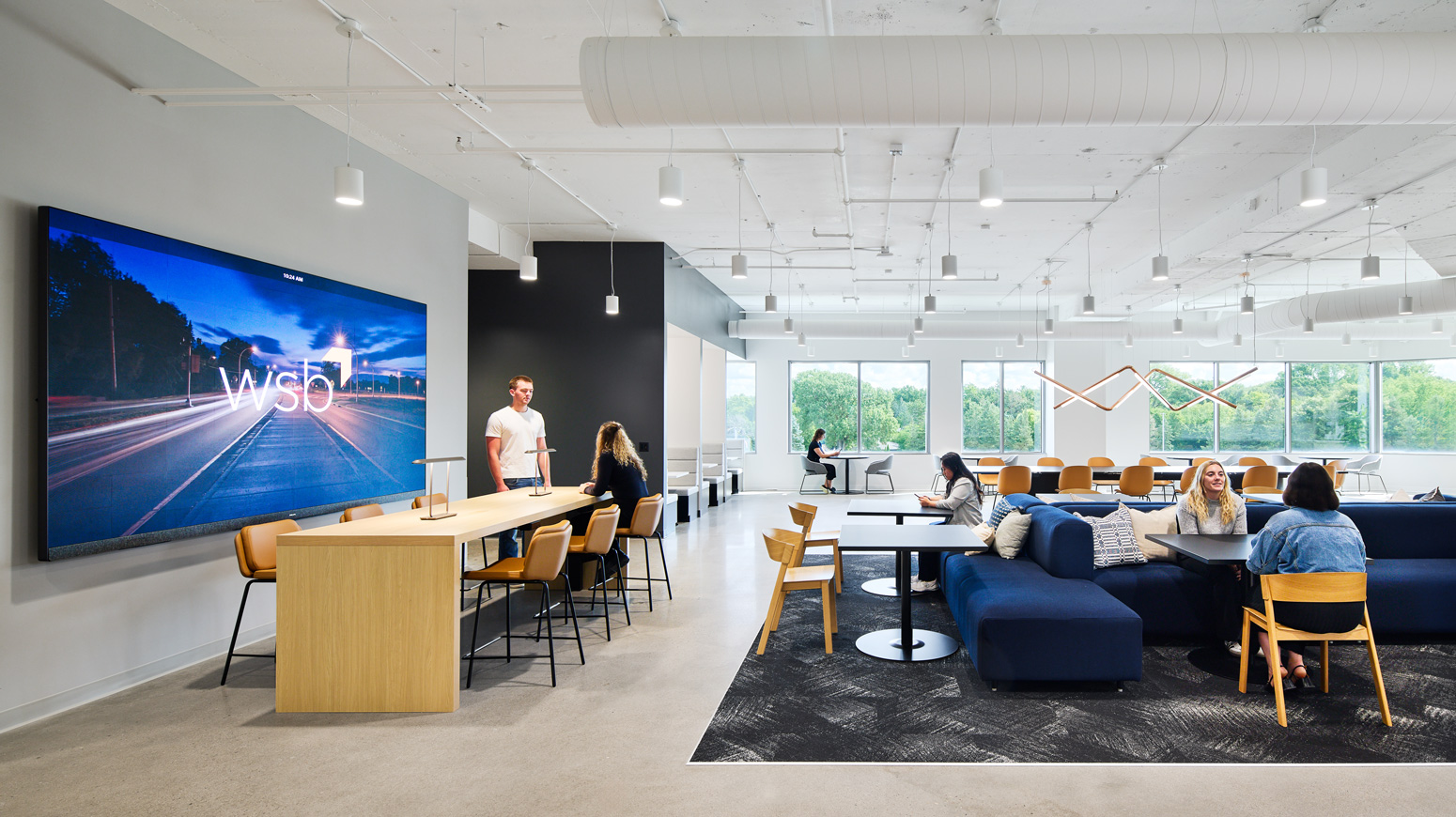May 1, 2025
By Ryan Earp, Director of Public Engagement and Chhavi Dhingra, Public Engagement Sr Manager, WSB
In April 2024, the Department of Justice released a rule updating and reinforcing accessibility standards for state and local government websites and mobile apps under Title II of the Americans with Disabilities Act (ADA). This update is intended to guarantee that individuals with disabilities can have equal access to vital government services and information online. These new digital ADA requirements require all websites and mobile applications provided by state and local governments to follow the Web Content Accessibility Guidelines (WCAG) 2.1, Level AA standards. This means nearly all public documents, forms, and permits must be made fully accessible to people with disabilities. State and local governments with populations of 50,000 or more have until April 24, 2026, to comply with these requirements, while those with populations under 50,000 and special district governments have until April 26, 2027.
Summary of Web Content Accessibility Guidelines (WCAG) 2.1, Level AA standards:
- Visual Accessibility: Ensure sufficient contrast, headings and labels, resizable text, text spacing and text alternatives for images.
- Auditory Accessibility: Provide captions and/or audio descriptions for multimedia content.
- Keyboard Navigation: Make all functionality operable through a keyboard interface (not just via a mouse).
- Usability & Understandability: Offer clear navigation, predictable operation, and understandable text.
- Error Handling: Help users avoid and correct mistakes with clear instructions.
- Robustness & Compatibility: Maximize compatibility with assistive technologies.
Benefits for Residents and Cities
Implementing the new ADA digital requirements is not just a legal obligation—it’s a powerful opportunity for cities to foster inclusivity and equity. By making websites and mobile apps accessible, cities give residents with disabilities equal access to critical services, resources, and information. This strengthens civic engagement, improves public trust, and enhances the overall user experience for everyone. Embracing these standards signals a city’s commitment to serving all its residents with dignity and fairness, while also reducing legal risks and positioning the city as a leader in digital innovation and accessibility.
Addressing Digital Accessibility: Challenges and Support
While the new digital ADA requirements bring exciting opportunities for greater inclusion, implementing WCAG 2.1, Level AA compliance can be complex for cities. Many municipal websites contain content that spans decades, making it difficult to manage and maintain accessibility, and updating a broad range of digital content—such as websites, mobile apps, and public documents—can require significant time and resources. Municipalities must not only revise existing materials but also ensure that all future content aligns with accessibility standards. Training staff on these requirements is also essential for long-term success.
How WSB Can Help
WSB’s Public Engagement team, certified in ADA communications, is here to make this transition smooth and effective for you. We offer a comprehensive suite of services—from auditing websites and mobile apps, web-published documents, and multimedia content to remediating documents for accessibility and training staff on how to create accessible digital materials. Our team can support the development of inclusive and plain language communication strategies tailored to your community. These services are designed to help you quickly get on track to full compliance.
.Here is how we can help:
- Digital Accessibility Audits: Identify areas within your websites and mobile apps where your current communications might not be accessible.
- Content Organization and Archiving: Review, organize, and streamline your digital content by identifying what should be retained, updated, or archived. Provide user-friendly templates and best practices to ensure that all future documents are created with accessibility in mind.
- Accessible Document Creation/Conversion: Make all public-facing documents, including PDFs, PowerPoint presentations, and Word files plain language, properly color contrasted and compatible with screen readers and other assistive technologies.
- Accessible Social Media Messaging: Ensure your social media content includes alt text for images, closed captions for videos, and plain language messaging.
- Public Feedback Mechanisms: Establish opportunities like surveys and helplines for individuals with disabilities to offer feedback on accessibility.
Contact us today for a free initial accessibility assessment. We will assess your city’s website, mobile app (if any) and web-published documents, providing you with an inventory of accessibility needs helping you form the foundation of your action plan.
In addition to these offerings, WSB can support you in navigating compliance with evolving accessibility regulations and standards. By staying ahead of legislative changes, our team ensures that your digital presence aligns with the most current requirements. Leveraging cutting-edge tools and technologies, we aim to not only meet but exceed accessibility expectations, enhancing the overall user experience for all individuals. Together, we can build a more inclusive digital environment that resonates with diverse audiences and drives meaningful engagement.
*Level AA of the WCAG represents an intermediate level of accessibility, legally required for many websites. It improves upon the basic Level A requirements with an additional 20 criteria aimed at making content adaptable, readable, and easy to navigate for users with various disabilities.

Ryan has worked with a variety of private and public sector clients to develop impactful strategic communications plans and execute stakeholder and community engagement initiatives. Ryan is passionate about integrating emerging tools and technologies to meet stakeholder outreach objectives for our WSB clients.
[email protected] | 320.224.6879

Chhavi is a transportation engineer and public engagement professional with almost 20 years of experience developing sustainable policy, practices, and communication strategies, and leading stakeholder management for transportation and transit projects. She has supported several road transportation planning projects globally while overseeing engagement, multi-stakeholder partnerships and strategic communications focusing on addressing mobility and accessibility needs of disadvantaged communities.
[email protected] | 917.328.3588




